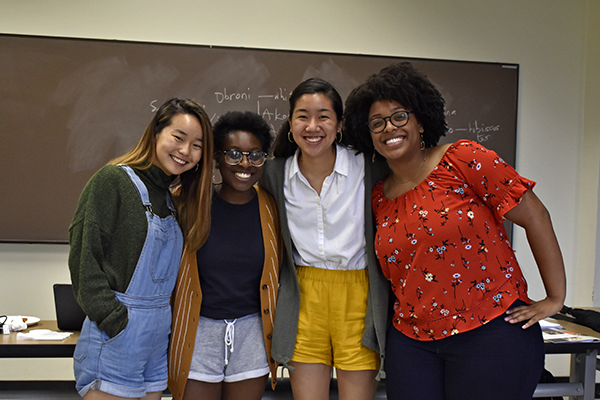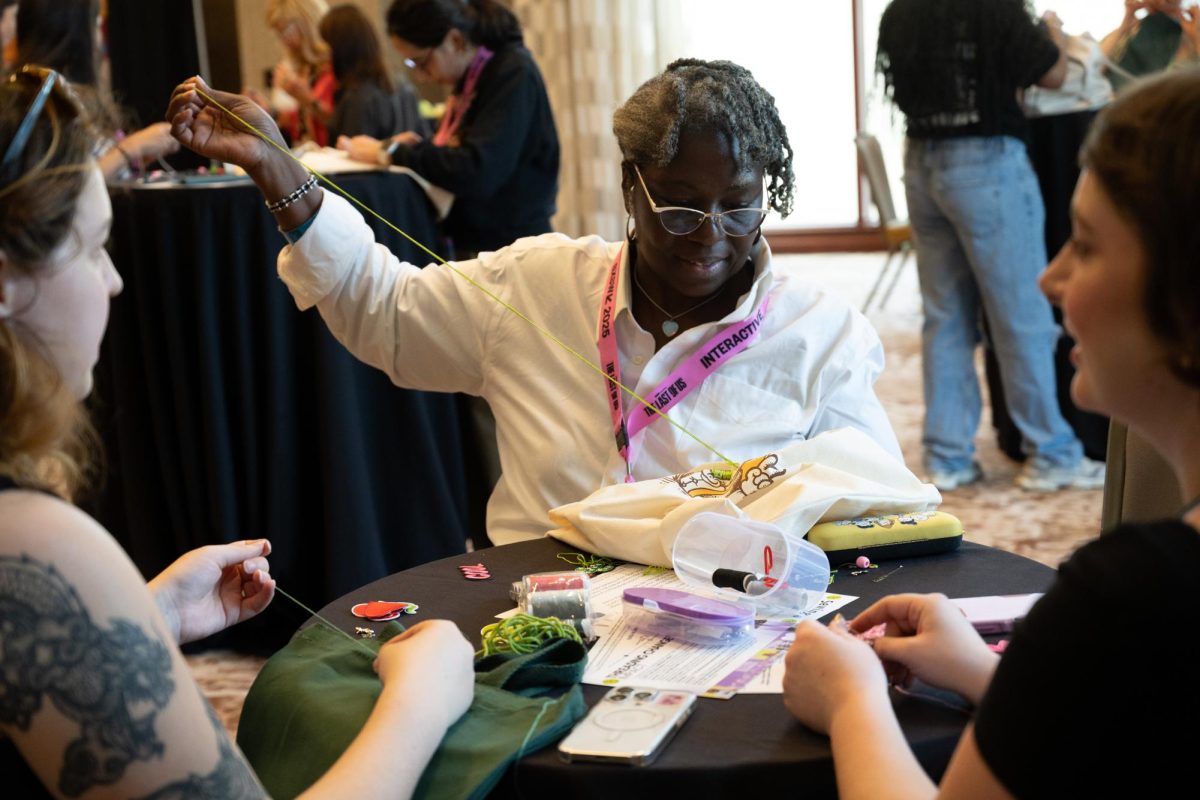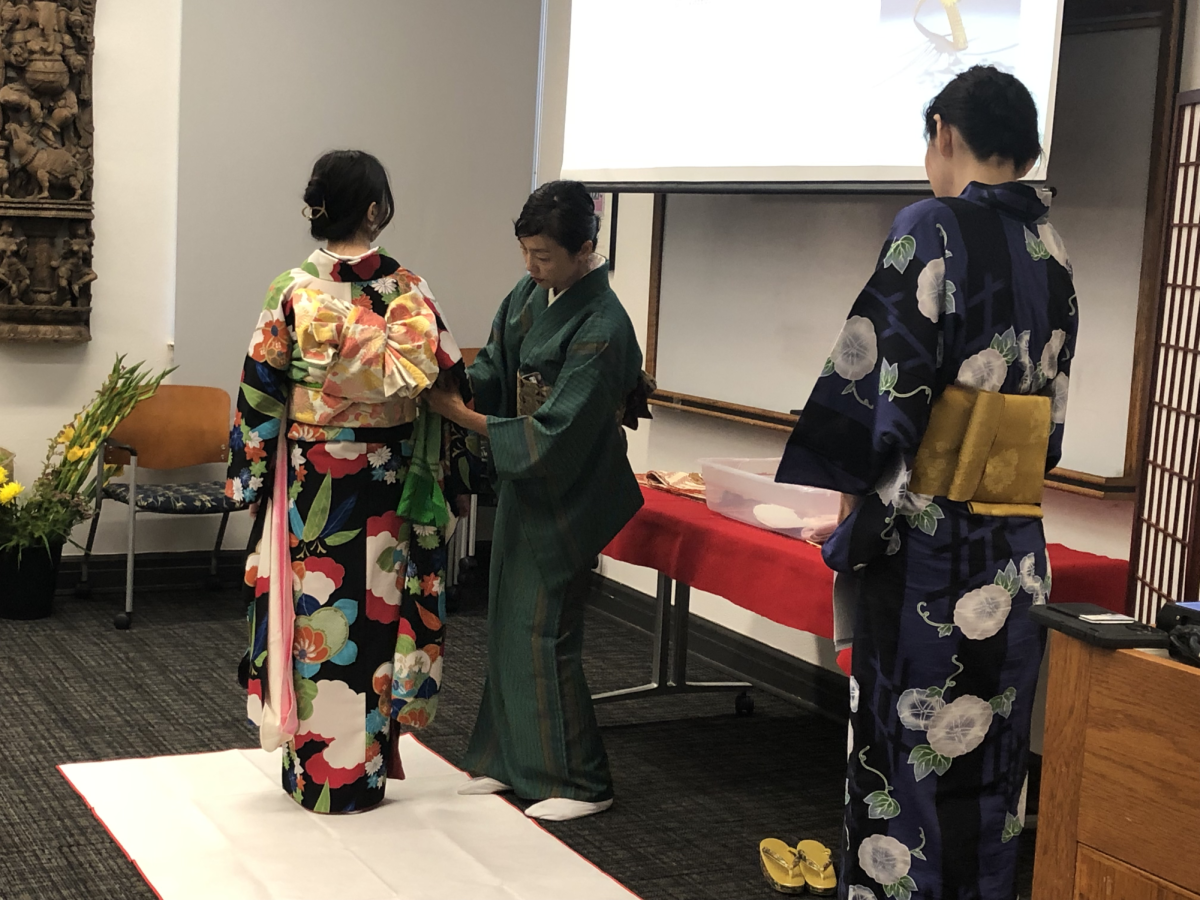In Ghana, women of color are bleaching their skin despite the country’s ban on the products. This practice is one manifestation of how colorism is impacting the world.
A team of students — Timia Bethea, Christina Cho, Vida Nwadiei and Rebecca Chen — will explore colorism, a form of racial discrimination based on skin tone favoring lighter-skinned features, in Ghana this summer through a research project called The Color Complex. Funded by the President’s Award for Global Learning, the team will conduct research in Ghana from May 27 to August 5, interviewing with students at the University of Ghana about their experiences with colorism, particularly pertaining to hair and skin.
Bethea, an international business junior, developed the idea through conversations with friends and researching skin bleaching in Ghana.
“I (had) heard about skin bleaching but never realized how big of an issue it was,” Bethea said. “Why are people who are not as close to America so affected by westernization and also not realizing they, themselves, have that battle?”
The Color Complex is one of seven groups selected for the President’s Award for Global Learning. Students formed teams, selected one of seven regions and chose a topic to research. UT Deans chose a project from each region to fund.
In preparation for the trip, the team conducted interviews at UT with African American and Asian American students in spring 2019. By comparing the experiences of UT with Ghanaian students, the team will research different manifestations of colorism and use the data for other creative projects.
Chen, an advertising junior, said the UT interviews helped her connect the issue to her own experiences and redefine for her what it means to be American.
“Being American isn’t a race — it’s an ethnicity,” Chen said. “That’s often why white people are confused on what their culture is because looking American doesn’t mean you’re white.”
Nwadiei, an exercise science junior, said while the team understands colorism within their own communities, they want to learn how it impacts others as a global issue.
“Colorism plays out in Southeast Asia (and) Latinx communities,” Nwadiei said. “With our research now at UT, we streamlined it to help our time line, but it is a bigger issue for all communities of color.”
Cho, an international relations and global studies senior, said she believes the team won the award because as women of color, colorism is personal to each team member who has dealt with its effects.
“It’s not like, ‘Oh, we’re going to save the world,’” Cho said. “We’re doing this to save ourselves, too. We’re trying to understand ourselves.”
Cho said the team hopes to understand how societal standards impact women’s self-perception of capability when entering the professional world or seeking marriage.
As colorism often impacts women’s self-perception, Bethea said the issue is not only about beauty but also value.
“If you believe you’re not even valuable in your own uninhibited state, you’re trying to achieve something that’s never going to be achievable,” Bethea said.
Whether or not the project tangibly resolves the issue, Bethea said they aim to have a positive impact on the “phenomenon.”
“You can’t change (colorism) in one setting or swoop, even with this project,” Bethea said. “My change might cause another catalyst. It’s all a stepping stone.”





















